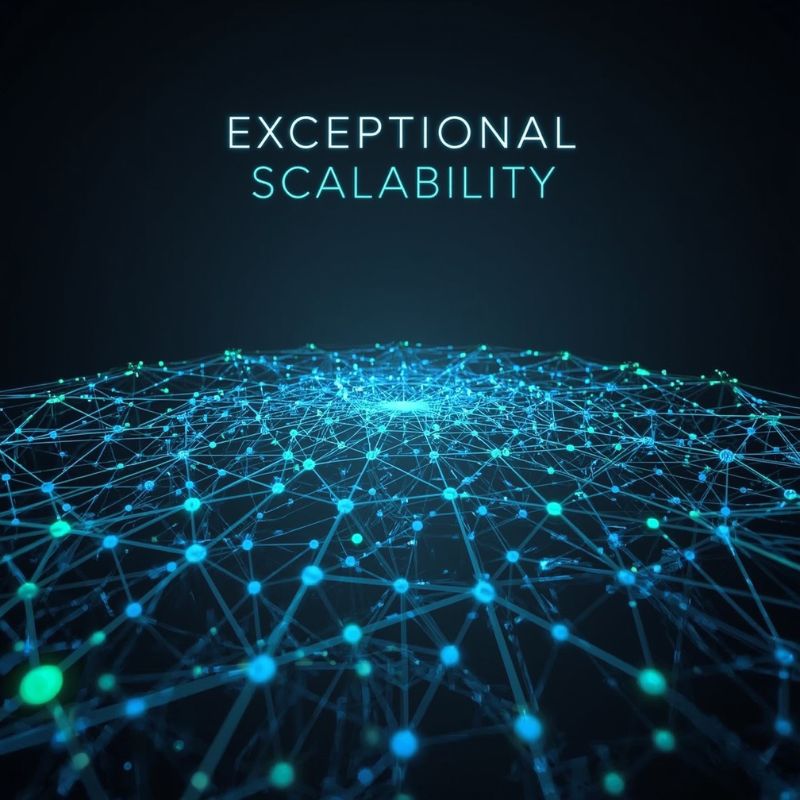In the evolving world of enterprise computing, operating systems must offer performance, security, and scalability. While Windows and Linux often dominate the discussion, it’s important not to overlook the advantages of Solaris operating system—an advanced and robust Unix-based OS developed by Sun Microsystems (now owned by Oracle).
Solaris has long been a trusted choice in critical systems, banking, telecom, and research environments. Even in 2025, its legacy and technical depth continue to make it relevant, especially in organizations where reliability and uptime are non-negotiable.
What Is the Solaris Operating System?
Solaris is a UNIX-based operating system originally developed in the early 1990s. It is now managed by Oracle Corporation and is known for its scalability, security, and high-performance computing capabilities.
The Solaris OS is designed primarily for SPARC-based systems, although it also supports x86 architectures. While it’s not as widely adopted in the consumer market, Solaris remains a strong competitor in enterprise-level computing.
1. Exceptional Scalability

One of the most lauded advantages of Solaris operating system is its ability to scale across large enterprise systems. Whether it’s running on a small server or a massive data center cluster, Solaris is designed to handle workloads without compromising stability.
- It supports thousands of simultaneous users and processes.
- Solaris handles memory management and CPU scheduling efficiently.
- Ideal for cloud-scale, data-intensive workloads.
This level of scalability is why major banks, research labs, and telecom providers have relied on Solaris for decades.
2. Advanced Security Features
Security is one of Solaris’ biggest strengths. It was built with enterprise-grade security protocols that remain industry-leading.
Key features include:
- Role-Based Access Control (RBAC) – Allows strict control over user permissions.
- Process and user privileges isolation – Helps minimize system-level vulnerabilities.
- Solaris Trusted Extensions – Offers multi-level security for classified systems.
- Built-in encryption tools and auditing features – Vital for compliance-heavy sectors like finance or government.
In today’s landscape, where cyberattacks are increasing, the advantages of Solaris operating system shine when it comes to system hardening and intrusion detection.
3. ZFS File System
Solaris pioneered the Zettabyte File System (ZFS), which is arguably one of the most powerful file systems ever created.
ZFS benefits include:
- Built-in data integrity checking
- Pooled storage with dynamic volume management
- Unlimited file system snapshots and cloning
- Self-healing capabilities
These features dramatically reduce data corruption risks and improve storage management—one of the core advantages of Solaris operating system for enterprise users.
4. Superior System Performance and Stability
Unlike some general-purpose operating systems, Solaris is optimized for long uptimes, multi-threading, and real-time processing.
- Minimal system crashes, even under heavy loads.
- Efficient background task scheduling.
- Native support for 64-bit computing environments.
Solaris is often chosen for mission-critical applications because it’s reliable and tested under extreme operational conditions. Performance monitoring tools like DTrace offer real-time diagnostics and enhance system tuning capabilities.
5. Enterprise-Level Virtualization
Another impressive feature in Solaris is Solaris Zones, a form of lightweight virtualization.
- Allows multiple secure OS environments on a single instance.
- Isolates applications for security and testing.
- Uses fewer resources compared to traditional hypervisors.
This makes Solaris ideal for businesses running multiple applications on a single server. It helps lower operational costs and improves system efficiency.
6. Long-Term Support and Documentation
Oracle offers comprehensive long-term support, including updates, patches, and enterprise-grade service plans for Solaris users.
- Includes regular security updates.
- Access to Oracle Premier and Extended Support.
- Rich documentation and large technical user community.
For companies requiring strict compliance and audit readiness, Oracle’s support model enhances the overall advantages of Solaris operating system by ensuring business continuity.
FAQs
Q: Is Solaris still relevant in 2025?
A: Yes, Solaris is still relevant in enterprise, research, and mission-critical systems where performance, stability, and security are essential.
Q: Can Solaris be used on modern hardware?
A: Yes, Solaris supports both SPARC and x86 architectures, making it compatible with modern enterprise-grade hardware.
Q: What makes Solaris more secure than Linux?
A: Solaris includes role-based access control, process isolation, ZFS encryption, and secure auditing features, offering deeper control over system security.
Q: Is Solaris open source?
A: No. While OpenSolaris was once open source, Oracle has made Solaris a proprietary platform since acquiring Sun Microsystems.
Q: Who typically uses Solaris today?
A: Large enterprises, telecom providers, banks, research facilities, and government organizations that prioritize uptime and data integrity.
Conclusion
While it might not dominate headlines like Windows or Linux, the advantages of Solaris operating system are undeniable—especially in enterprise computing. From powerful file systems like ZFS to military-grade security, Solaris delivers stability, performance, and control at a level few operating systems can match.
If your organization deals with sensitive data, heavy computing loads, or requires extreme uptime, Solaris remains a strategic and future-proof choice.
Looking to stay ahead in enterprise computing and OS technologies? Visit MindScribes for deep-dive guides, technical resources, and expert content crafted for IT professionals and decision-makers.

